Though widely scorned by fans, “Mother!” for me was a deeply personal, haunting and horrifying tale of female oppression, neglect, and loneliness.
I was excited for Darren Aronofsky’s mother! from the beginning, from the first poster. Something about Jennifer Lawrence rendered in vivid pastels, holding out her bloodied heart as an offering to some unseen force, the look on her face a mix of blank surrender and utter bliss — it spoke to me. Even later with the tight-lipped trailers dropping only the slightest hints at the plot, I had a feeling this would be a new favorite in what has become a steady stream of strong feminine horror films.
DUSTING OFF THE DISCARDED TREASURE
It’s nearly impossible to avoid some sort of spoilers these days if you follow the movie news rags the way I do. So although I never directly read a full review, the headlines screamed a solid verdict: audiences HATED IT. Actual published critics seemed to like it well enough, but the certified F on CinemaScore with mixed reviews everywhere else led the film to be an instant bomb at the box office, the worst opening to date for a movie starring Katniss Everdeen.
Darren Aronofsky reportedly intended to make the film a rough watch.
But most viewers just found it to be alienating arthouse nonsense, a belabored joke from some bougie director at the expense the general audience. So naturally, my interest was only heightened from there.
As is my style, I waited for the Redbox release. So it was at least 6 months of avoiding all the juicy think-pieces floating around (not to mention features on various “biggest flops of 2017” listicles). When I finally saw mother!, I instantly and proudly became one of its loyal defenders.
Highbrow allegorical nonsense it may very well be.
But it is also a gorgeous slow burn of anxiety-teasing nightmare fuel that shook me in the way only the best kind of horror movies can. What resonated with me most, however, wasn’t anything they mentioned in the reviews. For me, it was a deep, personal kind of terror that was being dissected on the screen — a tight, squeezing dread that only let go long after the credits rolled.
To describe the plot of mother! is like explaining a particularly mundane yet frighteningly vivid stress dream, struggling to put into words how burning breakfast could be so horrifying. It’s enough to say that Jennifer Lawrence slowly loses her mind in an isolated house that slowly becomes overrun with mysterious strangers, and yet it’s not even close.
It is in mother!’s many mundane details that the horror lies, little black spots of fear eating away at the corners of the screen.
The film is all the more intriguing because it spends a great deal of time masquerading as something else. The biblical parallels are certainly there (and, frankly, are so straightforward that they don’t really provoke further discussion). But meanwhile, we’re still wondering what that yellow tincture is, or the source of that living organ that’s clogging up the toilet, or why the floorboards are bleeding, or what the hell Michelle Pfeiffer’s problem is.
And by the end of the film, all these clues are revealed to be….not much of anything.
DECONSTRUCTING THE HOUSE ARONOSFSKY BUILT
It’s not as if these elements don’t matter, but I think they are simply more traditional “horror show” features in a very untraditional horror story, especially as we hit the second act and go careening off the rails into pure fever dream territory. They seem to be there only to trick us into thinking we’re watching a regular suspense film, looking for clues of the supernatural that ultimately don’t really go anywhere.
We’re waiting for the big reveal, the answer to what was really going on, and we never get it.
Instead, we get something much more subdued, and in its own way, more viscerally powerful. Especially if you happen to be a woman.
Mother! may not have any obvious resemblance to Rosemary’s Baby (aside from that one poster), but the two are definitely related, if not a few generations removed. The anxious mood and mounting terror of the two films is palpable and explicitly female (despite both having a male writer and director) — and both express their feminine fears through a uniquely vulnerable and quietly compelling housewife at the center.
It might also be the first comparison in film history where Rosemary’s Baby has the happier ending.
Much of the film lives and dies with Jennifer Lawrence’s performance.
She plays it soft-spoken and delicate, yet still simmers with an inner anguish that steadily builds throughout the film into mania, and finally rage. She never comes off as naïve, always well aware that something is amiss. She just can’t really find a way to do anything about it to make her fears heard.
More often than not, her actions are according to what’s expected of her as a wife, but not necessarily a sincere belief that she’s doing the right thing, nor complete blindness to the suspicious happenings around her. More like a complacent, but secretly bitter “I’ll let this one slide” attitude that gets continually pushed to its breaking point.
You don’t get the idea that her relationship with Him (Javier Bardem) is strained, necessarily, but it isn’t exactly passionate either. She clearly adores him. And while he seems to care for her, he often can’t really be bothered with affection, much too wrapped up the angst of his writer’s block. She offers him praise and encouragement, to which he scoffs and says “Yeah, right.” So their interactions are limited, to say the least. There is little familiarity or friendship, more like a lovesick handmaiden eager to please her moody, disinterested lord.
While her words are often brushed off with sarcasm, her acts of service are frequently taken for granted, if not outright criticized. It’s expected of her to welcome guests, no matter how random and strange and numerous they may be, and readily entertain them. Any concerns or objections she has are met with accusations of being unhospitable. Her intentions and feelings are often spoken for her by other characters (“My wife loves having company” “She’s not much of a drinker” “Why don’t you want kids? … Oh, you do want them”).
Mother’s only true power, as we can see it, lies in her work on restoring the house.
Not just cleaning it, not just painting the guest room —checking boilers, bracing sinks, fiddling with the water main. This is way beyond “wife’s work”; this is an enormous project that we can presume has been going on for a while yet still has a while to go. It’s her project, her baby.
“I want to create a paradise, and I love the work.”
The sound in the film transforms the house into a living thing.
For the most part, the score is limited to slow drumbeats and the occasional shakes of a tambourine, but the howl of wind, creaking of floorboards, the cries of birds, and the clunking locks of opening and closing doors act as instruments themselves. The brief flashes of the “heart” beating inside the house seems to illustrate Mother’s deep connection to the place.
She can sense its desires, can feel its pain, can see it deteriorating in small wounds and warps. The house breathes, and bleeds, and rots.
Yet no one around her can be bothered to notice, much less appreciate the work she’s put into it. “Have kids,” says Michelle Pfeiffer’s character, “that’s what keeps a marriage going. This is all just setting.”
Mother’s investment is seen as just busy work, something to fill the time until her real purpose comes to life — never mind that it’s something that’s actually important to her. And never mind that despite their flippant disrespect for the house, the increasingly bizarre unannounced guests are certainly helping themselves to every inch of space inside of it, and by extension, Mother herself.
A WOMAN SHUNNED, SCORNED, AND SHATTERED
Her home and her body begin to truly merge upon her eventual pregnancy, becoming a beautiful vessel to protect precious life, while also being an open door to anyone who might want to use her — whether that’s to “enjoy the view,” or use the bathroom, or sit on the unbraced sink.
“Your house? The poet says it’s everyone’s house.”
Because at the end of the day, she is little more than “the inspiration.”
Mother is a beautiful woman, significantly and noticeably younger than her husband — the great artist, the brilliant poet. Sure, she can fix up a house, but her real contribution is to be his muse, to inspire him with her mere existence.
Upon the conception of their child, it’s not just Mother who becomes pregnant. Him is miraculously relieved of his writer’s block, and disappears into his study to get his feelings down on paper. Of course, this creation swallows his attention — seemingly for the entire nine months. She knows it too, because as soon as she reads his finished work, she is overwhelmed with sadness: “Am I going to lose you?”
She quickly gets her answer as the phone begins to ring — apparently his work couldn’t wait to be shared with the world.
His work is a hit, opening the floodgates for more people to come to the house, a rabid fandom come to see the place where the great poet’s great work was born, to get a glimpse of the artist and his lovely muse. The wounds of the house, seemingly healed during this peaceful gestation, quickly begin to weep again with the return of the strangers, now greater in numbers and ferocity.
All the while, Him responds to every newcomer with warmth and dumbfounded delight, as if every new face is a welcome surprise that he can’t wait to get to know. No matter what Mother does or says, he is always gleefully whisked away by the whims and adoration of others, and he can’t get enough of the attention. The baby Mother carries is this great work made flesh.
But surely this is the one thing she can call her own, the one thing she can claim and keep for herself.
But of course, like everything else, Him wants to share that too.
How dare she want to keep this creation to herself, how dare she not give him with the world? Out of every terrible thing that Mother endures through this nightmare, the worst may be this standoff with Him as she refuses to hand over her newborn baby, knowing what will happen if she does. The moment she gives in to exhaustion and nods off, the baby is snatched away, surrendered to the horde just as quickly as Him’s precious poems, and is swiftly torn to shreds, consumed by the hungry masses.
And Him has the nerve to say “we need to forgive them.”
It is this final breaking point, when everything is truly lost, when all her work and love and fierce protection is only rewarded with a kick in the face, when she finally explodes, and brings the house crashing down with her. As she stands over the busted oil tank in the basement and holds a flame over it, Him begs her to stop, citing how much he loves her. And finally, she says a line so gutting, so horribly, heartbreakingly true that your body aches upon hearing it:
“You never loved me. You just loved how much I loved you. I gave you everything, and you gave it all away.”
If there is an aspect of religious allegory that I really respond to in mother!, it is painting God as a creator who is never satisfied with the act of creation itself.
He always wants to add more to it just so he can marvel at the results. He is amused by the adoration and worship, fueled by it, until it becomes something of an addiction. Whether she’s fully aware of it or not, Mother (in all her cycles, all her different forms she’s taken however many times he’s remade her) is the catalyst to all of it. She’s the root, the base, the stage upon which this horrible performance plays out.
All she asks in return is to be alone with him, to have him appreciate what she is and what she can give. Yet all he can think of is what comes next, what new feature, what new faces he can add to the mix. “Nothing is ever enough.”
ON A PERSONAL NOTE: WHEN ART AND REALITY COLLIDE
I think great art is truly in the eye of the beholder, more specifically what the beholder carries with them into the experience.
For me, mother! was a nightmare far beyond anything Aronofsky could have intended, or any critic could decipher from the text. It was pure visceral, emotional havoc.
I was married on Halloween 2017, so I was barely three months into being a new wife when I finally sat down and watched the film for the first time. I was only working part-time while my husband spent many long nights managing a restaurant, so I had many hours to myself to play housewife. My home became an ongoing project, taking pride in keeping it tidy and clean and dreaming up plans to beautify this private piece of the world for me and my new little family. But as any homeowner knows, that honeymoon rarely lasts.
My beautiful old house comes with a laundry list of issues down to its bones and (thanks to living with a grown man and big dogs) nothing that gets cleaned ever stays that way for long. So what began as a way to make my own American dream steadily turned into a never-ending list of chores that were mere pebbles in a landslide.
This frustration combined with my meager paychecks led to a perpetual melancholy, a feeling that I wasn’t contributing, that I wasn’t keeping my end of the deal, that only a few months in and I was already a failure as a wife.
It didn’t help that I had barely seen my new husband since the honeymoon.
His job kept him away most of the time, and his few hours at home were spent either asleep or on the phone putting out fires. His coworkers were also most of his friends, and naturally were always welcome at the house, an invitation that was fulfilled almost all the time. The restaurant itself felt like a living thing that was completely consuming our lives. I jokingly called it his mistress, but it was more like a monstrous baby — always hungry, always crying, never sleeping, never satisfied.
My husband had a whole other life going on, living most of his days in a world where I barely existed, and bringing the job home with him whether in a ringing phone or a loud entourage didn’t make me feel any more a part of it. His job had always demanded a lot of his attention, but somehow I had convinced myself that once we were married, things would change.
I had hoped that the job would suddenly recognize and respect that his wife was waiting at home, and loosen its grip on him. But the monster baby never sleeps, and when that reality finally settled in, it left me feeling, in a word, fragile.
So then one night I sat down and watched mother! alone in the dark and had a two-hour panic attack.
I’ll admit that in most cases, I am that contrarian, artsy fartsy asshole that will jump in to defend a misunderstood and underappreciated film with my trusty English degree cocked and ready to fire.
But mother! is a little different, because this is one of those times that my own personal reaction to the images on screen resonated far deeper than any literary analysis could achieve (said the writer after prattling on with 2000 words of analysis).
This is the sort of horror movie that leaves you so thoroughly shaken that you feel hollow as the credits roll. The only response is silence. You would weep, but you feel too empty to produce tears. You would scream, but it seems too much and too little to express. It’s one thing for a movie to strike you with a message or a moral — it’s entirely another for it to take your most mundane secret worries and crank them up to unspeakable new extremes.
I’ve seen plenty of horror movies that successfully spooked me, but mother! tore me to fucking pieces.


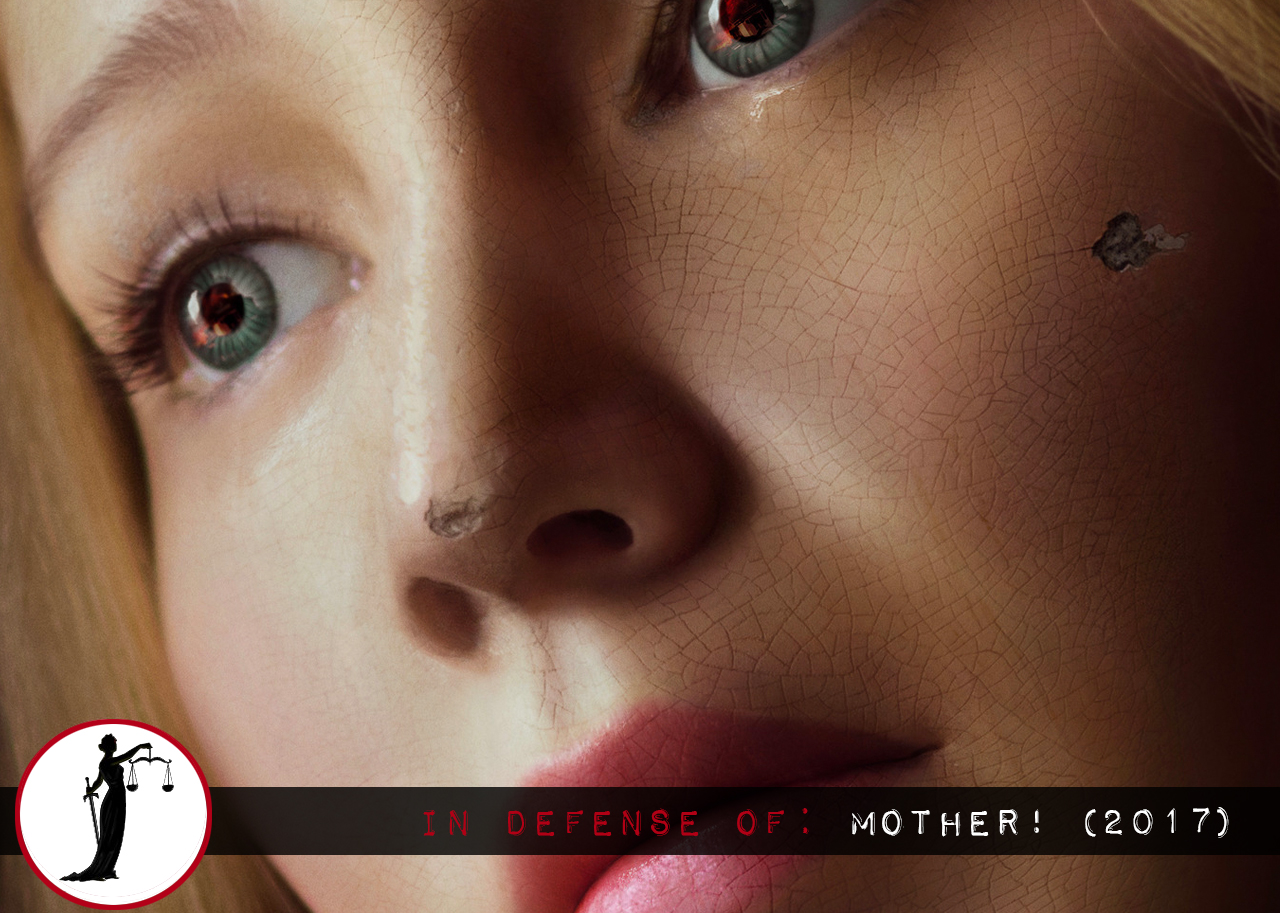
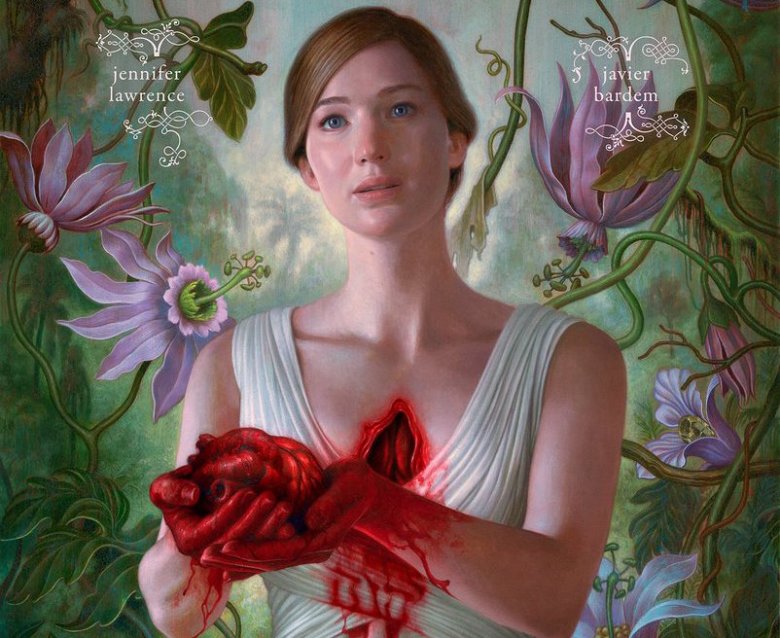
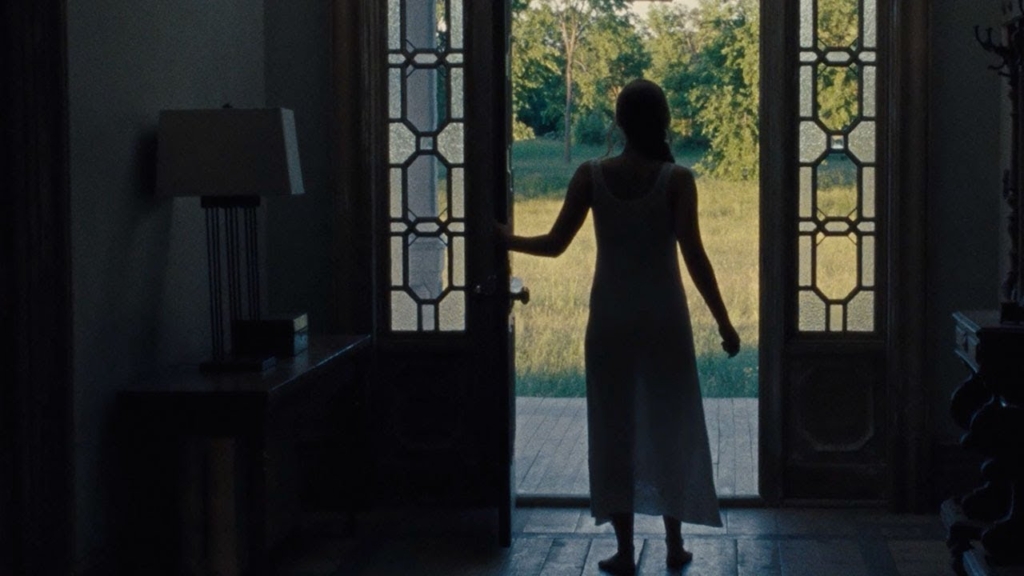
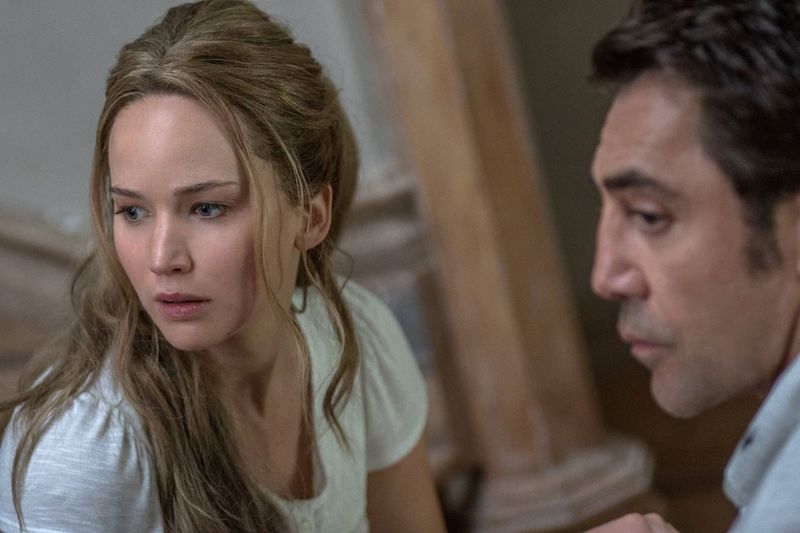
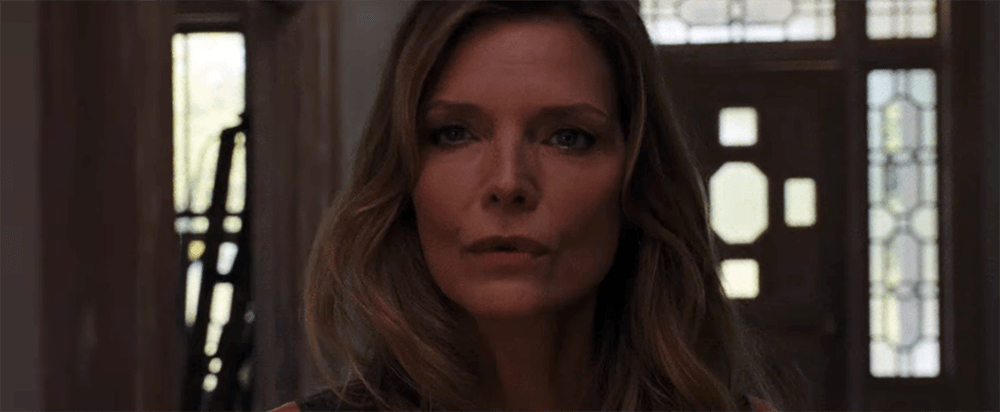
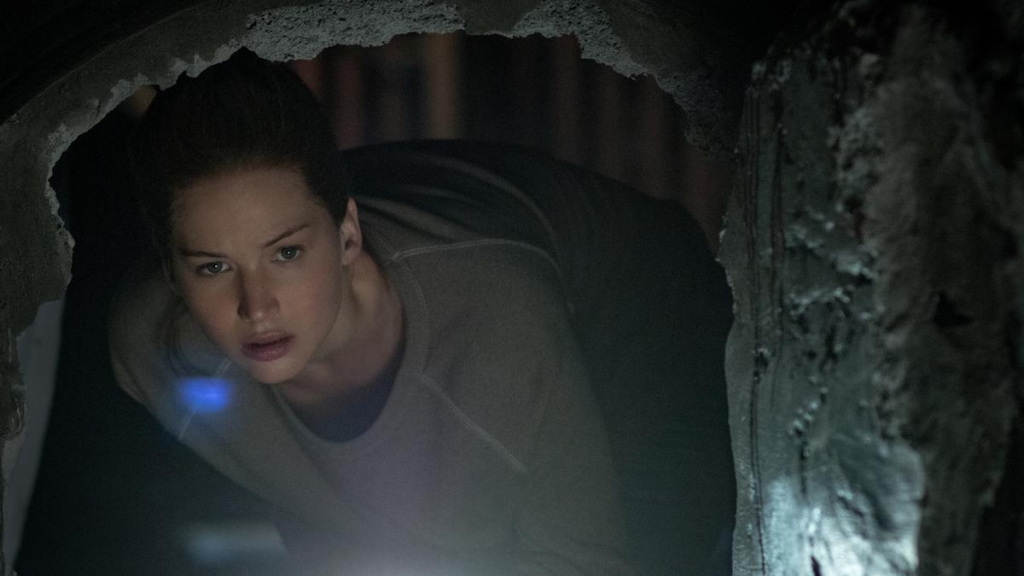
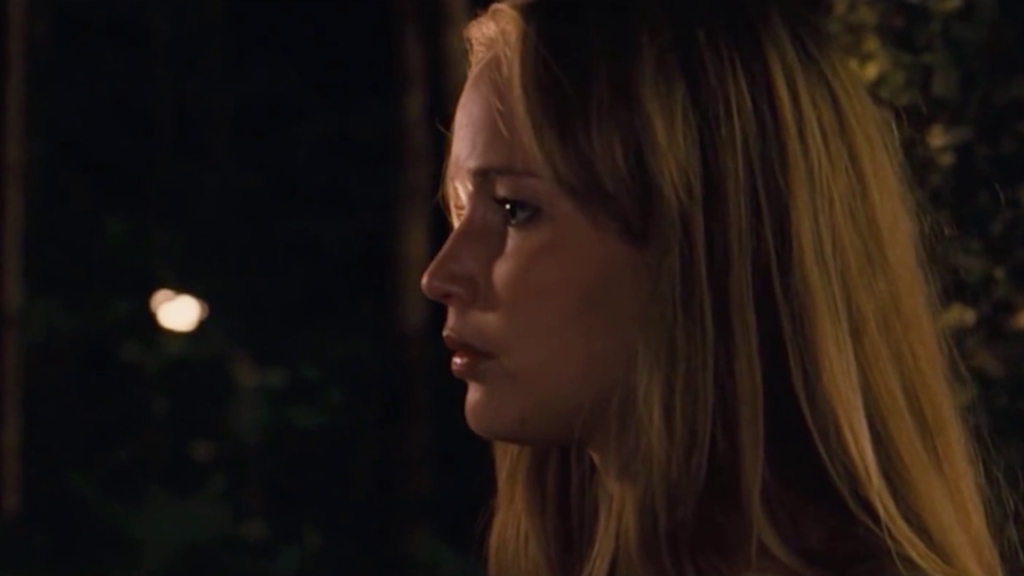
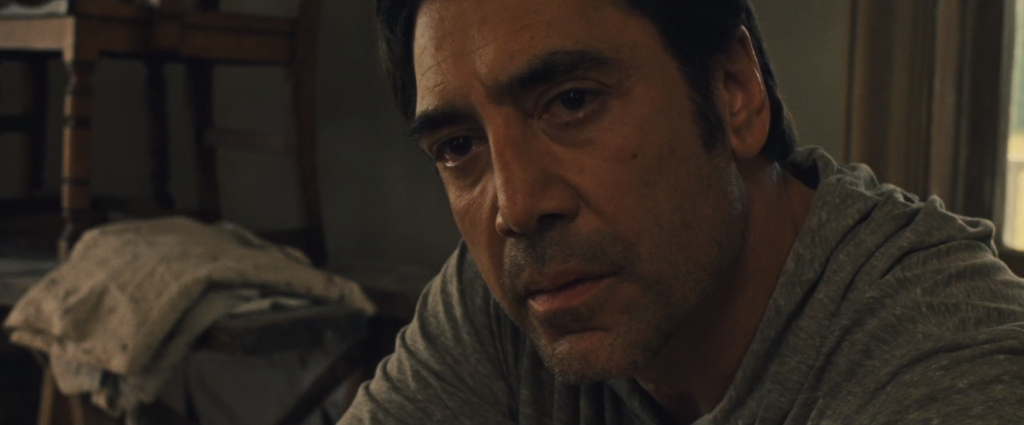
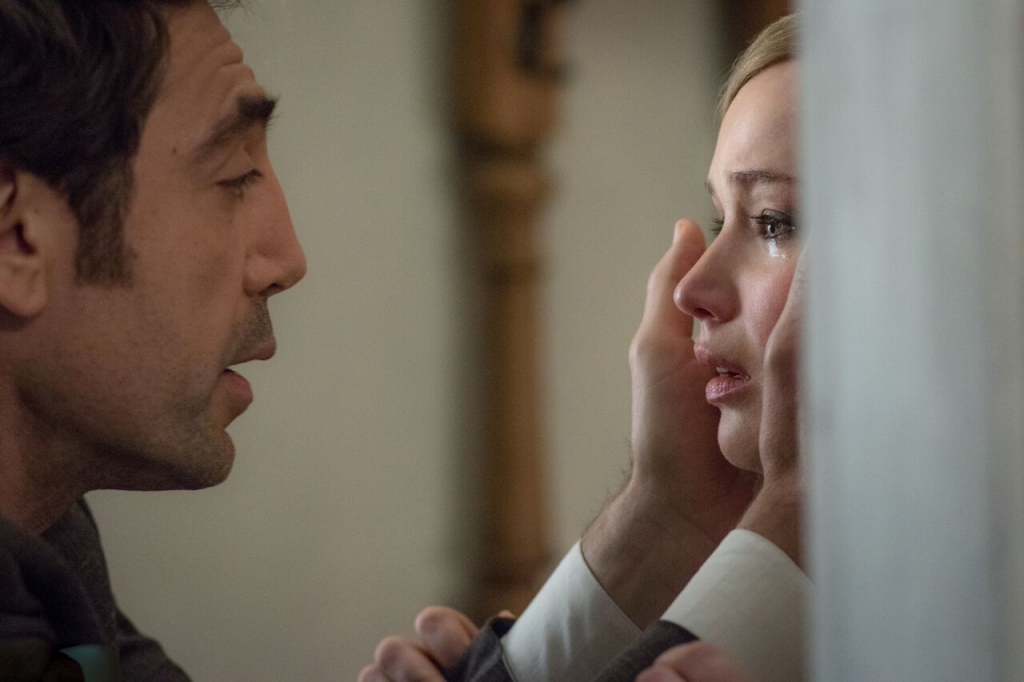
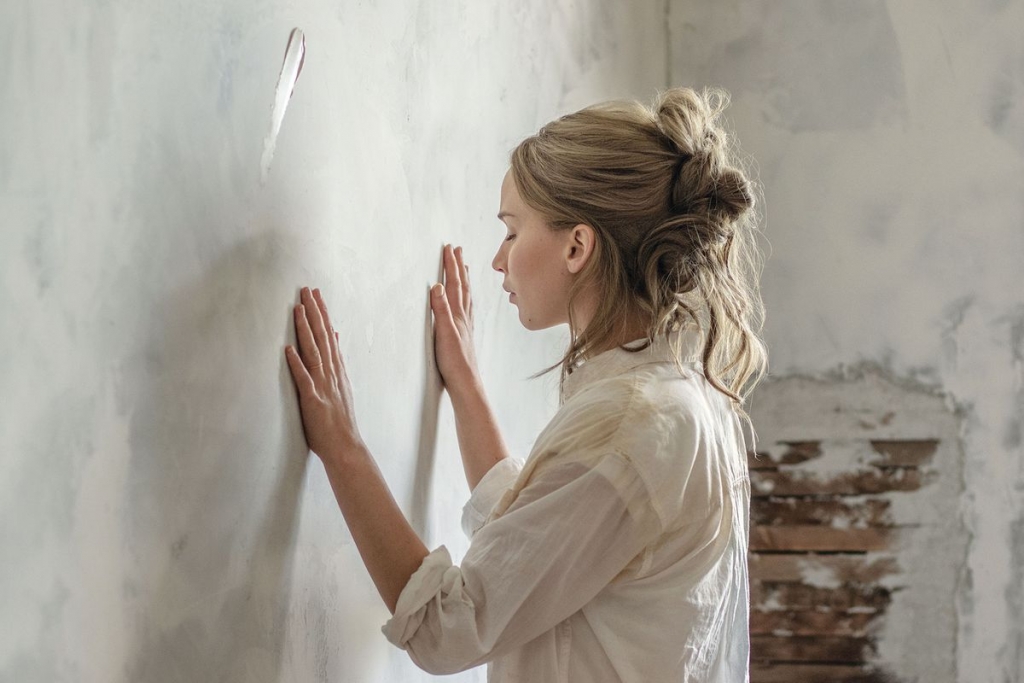
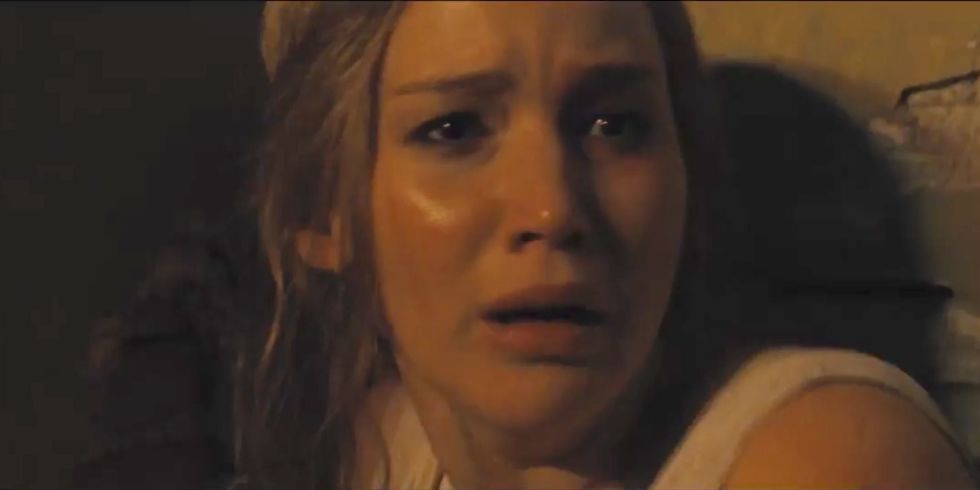
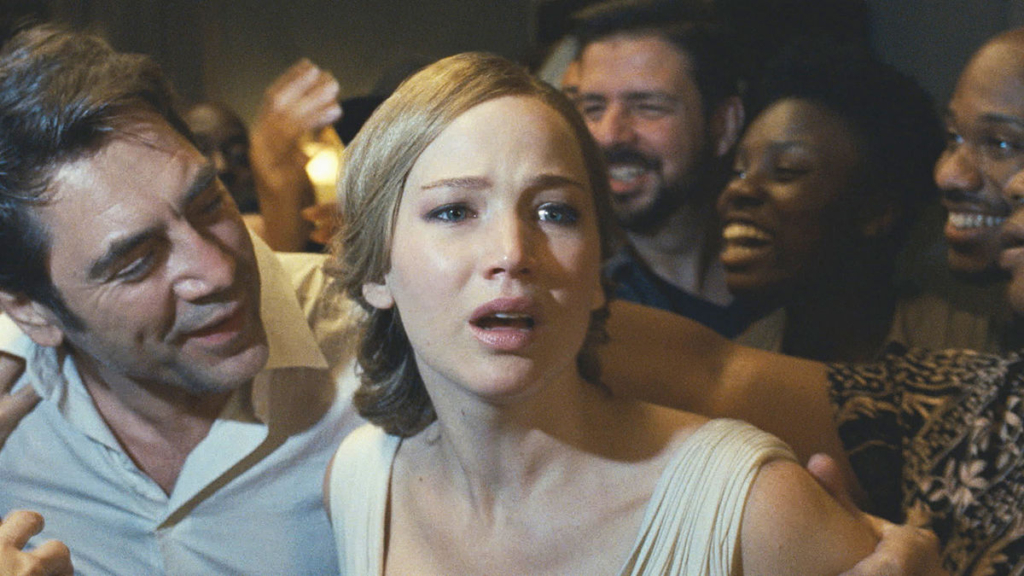
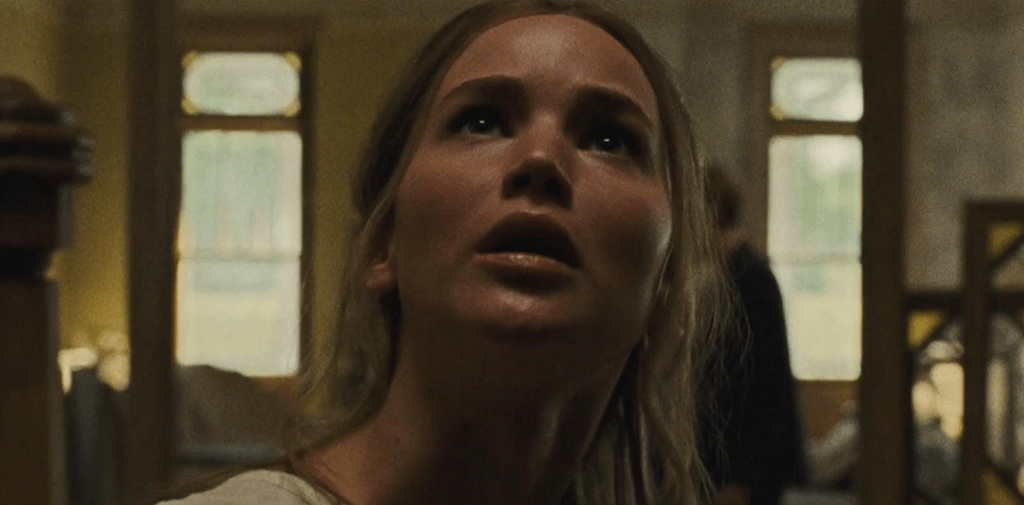
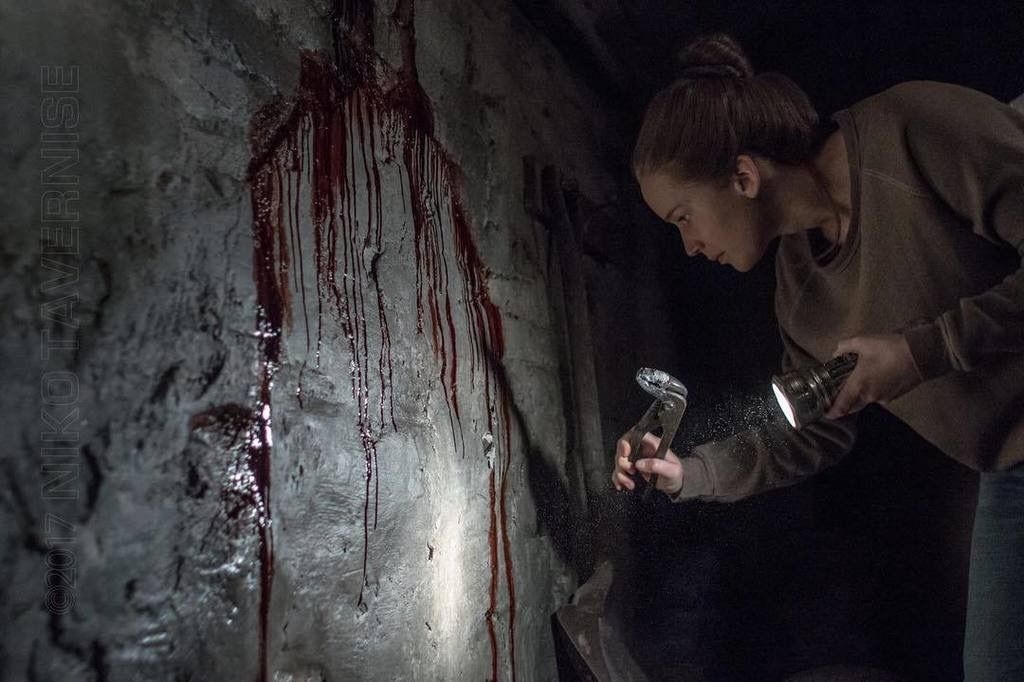



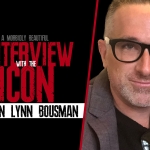
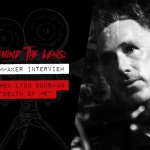
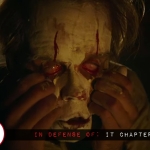








Follow Us!